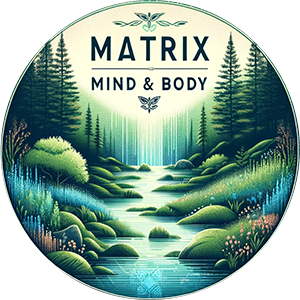Kale has been lauded as a superfood for years, celebrated for its dense nutritional profile, including high levels of vitamins A, C, and K, calcium, fiber, and antioxidants. However, like many leafy greens, kale also contains oxalic acid, a natural compound that has raised health concerns. This article delves into the nuances of oxalic acid in kale and its potential impacts on health.
What is Oxalic Acid?
Oxalic acid is an organic compound found in many plants, including leafy greens, vegetables, fruits, nuts, and seeds. It’s known for binding with minerals such as calcium and magnesium in the body to form oxalates, which can be problematic in high concentrations.
The Health Implications of Oxalic Acid
The primary concern with oxalic acid consumption is its ability to form crystals when it binds with calcium, leading to kidney stones. These are not only painful but can also obstruct the urinary tract and lead to further complications. Moreover, oxalic acid can hinder the absorption of calcium and iron, essential minerals for bone health and oxygen transport in the blood, respectively.
However, it’s important to note that the impact of oxalic acid on health largely depends on the individual’s overall diet, health status, and genetic predisposition to issues like kidney stones.
How Much is Too Much?
Moderation is key when it comes to consuming oxalic acid-containing foods. For individuals without kidney issues or a history of kidney stones, eating kale in moderation as part of a balanced diet is unlikely to pose significant health risks. It’s recommended to vary your greens and not rely solely on high-oxalate options like kale.
For those with kidney stone risk or other health concerns, consulting a healthcare provider for personalized advice is crucial. Some might be advised to limit their intake of high-oxalate foods or to pair them with calcium-rich foods to reduce oxalate absorption in the body.
Reducing Oxalic Acid in Kale
If you’re looking to lower the oxalic acid content in kale, consider these preparation methods:
- Boiling: Cooking kale in boiling water can significantly reduce its oxalic acid content. However, this might also reduce other nutrient levels.
- Steaming or sautéing: These methods can also reduce oxalic acid, albeit to a lesser extent than boiling, but they better preserve other nutrients.
The Bottom Line
While kale contains oxalic acid, which can contribute to kidney stones and inhibit mineral absorption, it remains a nutritious food that can be part of a healthy diet. The key is to consume it in moderation, vary your vegetable intake, and prepare it in ways that minimize its oxalic acid content if you’re concerned about its potential health impacts.
In conclusion, kale, like many foods, comes with its pros and cons. By understanding its contents and how they interact with our bodies, we can make informed choices that align with our individual health needs and goals. Always consider your unique health profile and dietary needs when incorporating high-oxalate foods into your diet and consult with healthcare professionals as needed.




 The Awakening Brew: How Black Coffee Enriches My Mornings and Life
The Awakening Brew: How Black Coffee Enriches My Mornings and Life  At-Home Neuroscience Treatments for Skin Disorders: A New Era of Care
At-Home Neuroscience Treatments for Skin Disorders: A New Era of Care  Apigenin: Nature’s Brain-Boosting Wonder Compound
Apigenin: Nature’s Brain-Boosting Wonder Compound 